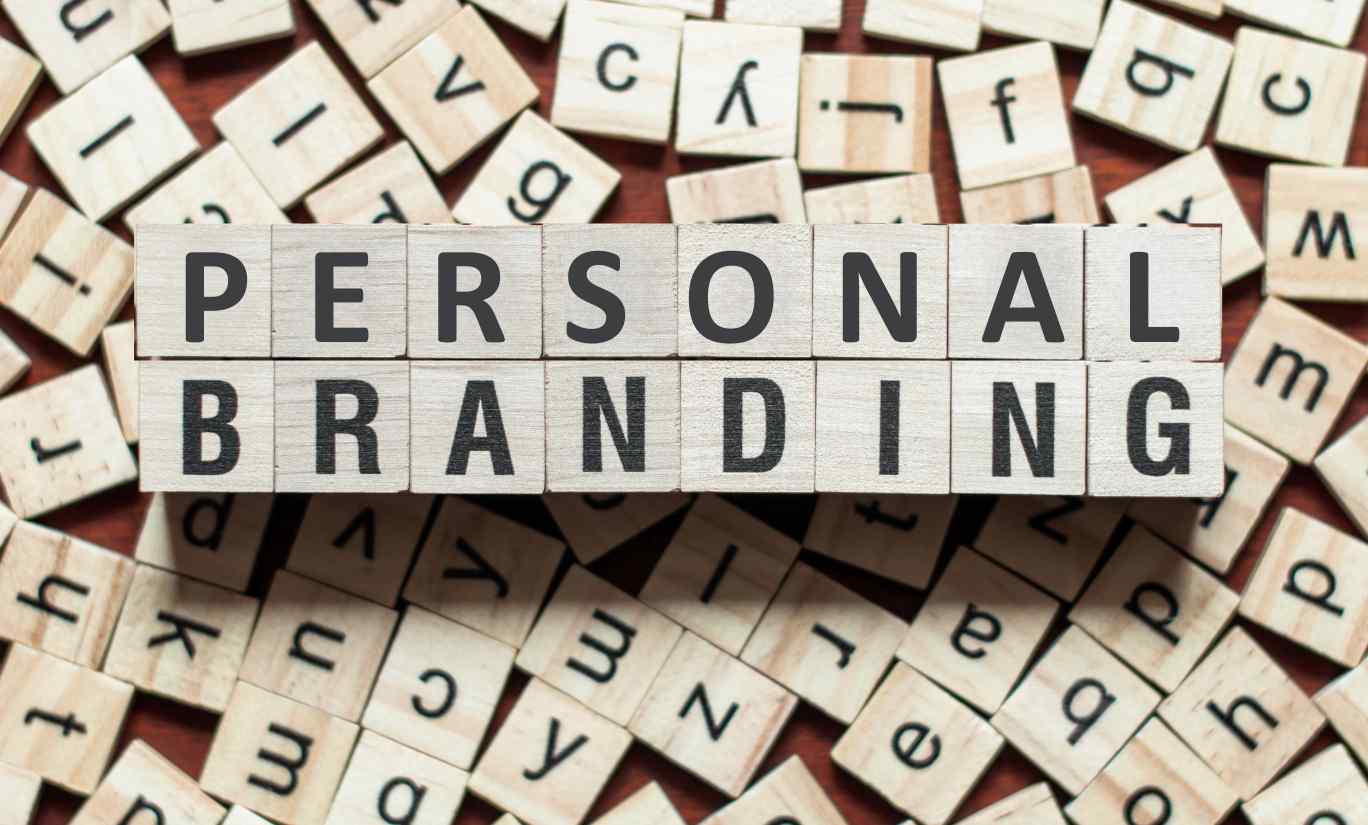
-
Georgia Smith
- 4 Min Read
- Blog
Personal Branding for Employees – Everything You Need to Know
Building your personal brand can support you in many ways, but should business owners encourage personal branding for employees? This blog covers the benefits of personal branding, how to build your brand, and what you should do to use your digital footprint positively.
What is personal branding?
Personal branding refers to the conscious effort to define the skills, experience and values you stand for to the point that others associate you with these skills and knowledge.
Your personal brand is intentional; it’s how you want to be perceived by others, mainly online. It requires aligning your online persona and real-life persona to show your expertise and authority.
Should businesses encourage personal branding for employees?
Personal branding for employees can benefit businesses in many ways. A recent survey conducted by LinkedIn found that employee-generated content is considered three times more authentic than business accounts and has a click-through rate twice as high as that of brand accounts.
Visibility
The way that social network algorithms continue to evolve and change means that often, just because you follow someone doesn’t mean you will actually see their content regularly.
This means that despite your brand having a strong following, it’s not guaranteed that your target audience will see your content. Encouraging personal branding for employees pushes your brand to their individual wider networks, allowing your brand account to grow further.
Relationships
Categorically, people like people. Having personal brands throughout your team can help build on client relationships further.
Your employees highlight the personalities and the people behind your business. This can make your brand stand out compared to competitors, increasing it’s positive reputation.
Stronger Talent Pool
Employees who actively talk about their employer and company culture positively will always catch potential hires’ eye. This can greatly benefit your recruitment process, as 79% of job seekers have used social media channels to discover job opportunities.
Where to build your brand
There is no shortage of platforms to build your personal brand on, with new social media platforms constantly becoming viral.
First and foremost, you need to consider who your audience is. Who are the people you want to target with your content? Who will get the most value out of it?
Our blog, ‘Creating Quality Social Media Assets’, covers which platforms consumers use for each task. This will help you determine where your content is best suited based on what consumers use the apps for.
How to build your Employee’s personal brand
When you first start to really consider your personal brand, it is easy to get overwhelmed by all the factors involved. But there are five key pillars you need to consider before delving into your personal brand.
Consistency
You will hear that time and time, “consistency is key.” but it’s never really that easy.
Consistency usually refers to the frequency of content or posting however, there are plenty more factors that you need to be consistent with to build and maintain your personal brand.
Content Types
It’s always a good idea to try out various content types and styles initially. However, once you find a style that works, stick to it. Whether it’s video content, carousels or long-form posts, use social media analytics to discover which content is resonating with your audience most.
Values
Know your values. Now, I don’t mean to list them once and forget all about them. You should ensure that your business’s core values are a part of your content, showcasing what your business stands for and believes in.
By maintaining your values, your audience can see that you truly stand for what you talk about and this can increase their belief and trust in your company.
Personality
Your personality makes you stand out in life, and it’s no different for your professional life regarding a personal brand.
Depending on your industry, the levels of professionalism may vary. However, let your personality shine through, even a little bit.
One example of personality through and through is Lea Turner; as a LinkedIn Trainer, specialising in offering personal branding tips and advice to LinkedIn users. Lea has a strong personal branding strategy where she promotes her personal branding consultancy business with no shortage of personality.
Added value
You cannot build a personal brand by giving the same advice and guidance as everyone else. Consistency is essential, but ensuring that the content you push out adds value to your audience or offers a different perspective is just as important as showing your knowledge and expertise.
Networks
Networks hold immense value across so many areas of business by growing your personal networks, you open yourself up to a whole new world of connections.
There are an array of ways for you to build your personal networks locally and beyond. Face-to-face local network groups, groups made for professionals specifically and even industry-specific conferences are all great ways to connect with people in and out of your workspace.
Engage
When building your personal brand, you want to grow a community, not just a following. This means that to get engagement, you need to give it. You’re more likely to comment on someone else’s content if they’ve already commented on yours.
Our Final Thoughts
- A strong employee personal brand is defining your skills, values and experiences as an individual
- Employees who have a personal brand can boost an employer’s visibility, build stronger relationships, and create a more defined employer brand.
- Consider which platforms your target community is most prominent on
- The five pillars to build a strong employee personal brand are consistency, personality, values, networks and engagement.
- Finally, starting your personal brand is never too late, so why not start now?






